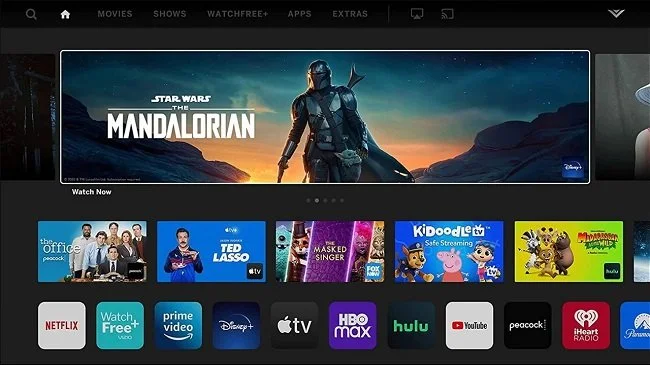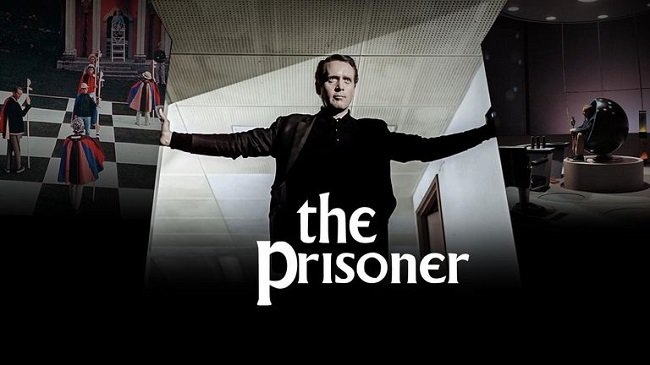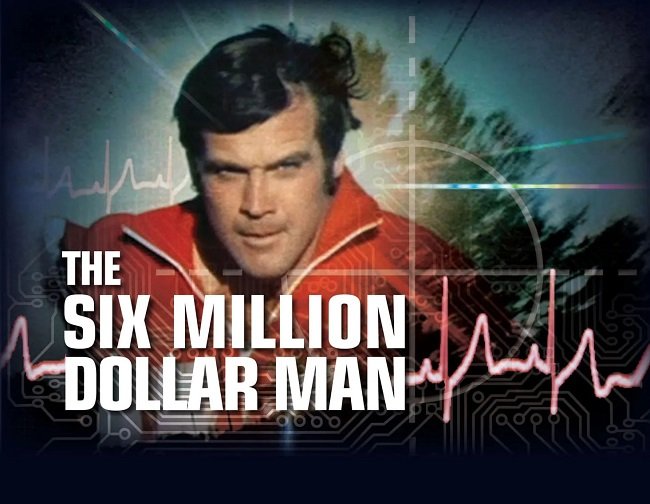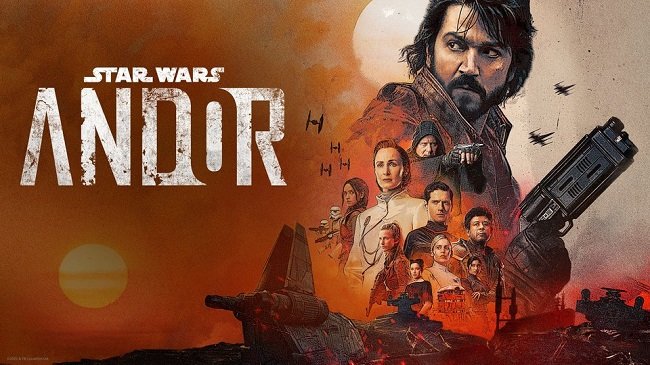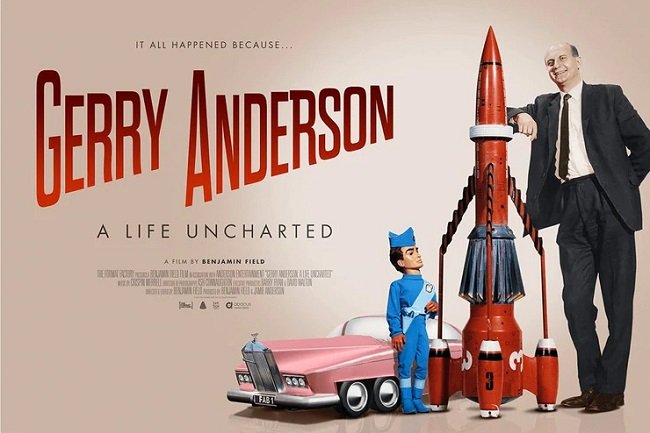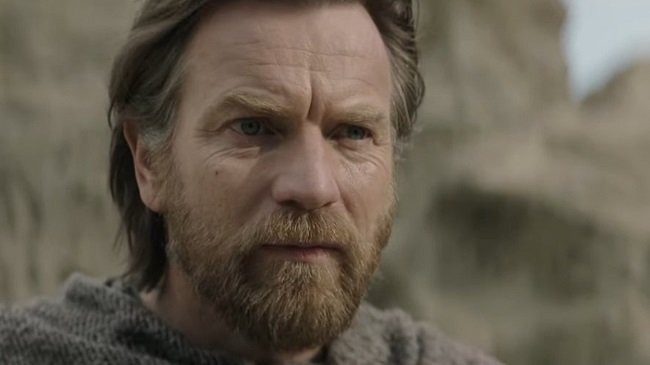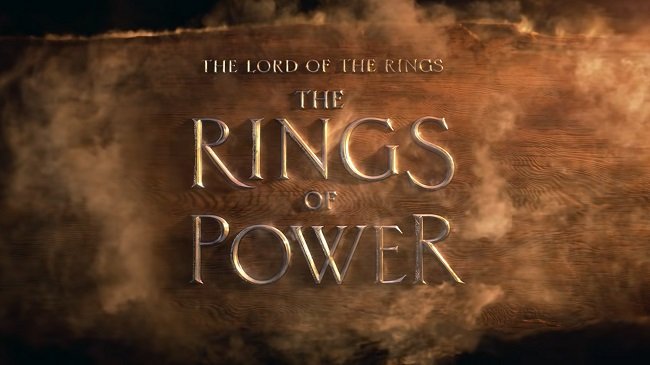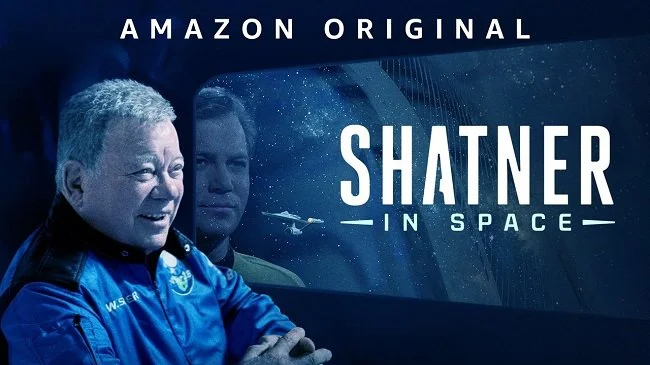Investing Time in TV Shows
Lost
Whenever someone mentions the TV show Lost, I often feel a pang of mild irritation. As I’ve mentioned before, I watched four seasons of that show before I realised it was effectively trolling its viewers and that the writers were making it up as they went along, flying by the seat of their pants. I appreciate that the entire “what the hell is happening now” approach was very appealing to some viewers but I felt I was being manipulated. I believe that there is a loose and informal social contract between the viewer and the powers that create and run popular television shows. I recognise that it is their intellectual property so they can do what they please but one cannot totally ignore viewer expectations. It is not unreasonable to expect story arcs to be concluded or at least progress in a manner that gives them meaning. When watching Lost, I got that same feeling I get when watching a street magician. Yes, they are doing something clever but ultimately they are misdirecting you.
However, I learned a very important lesson from this experience and as a result, I am a lot more discerning in what I choose to watch these days. Not only do I filter shows now that I think may have plans for a long, sprawling and ponderous story arc, I also keep an eye out for those that could get cancelled. That is another factor that I find very frustrating. In the seventies, US shows would appear on UK TV between 6 months to a year after their US broadcast. As there was no internet at the time, a new television series would air in the UK and I and many others would become avid fans, not knowing that the commissioning network in the US had already cancelled it due to low audience ratings. This still happens today. The only difference this time round is that many shows are now broadcast simultaneously or within a few days of each other. So instead of retrospectively finding out if a show’s been canned, we now all play a form of viewing Russian Roulette.
Awake
Firefly, Almost Human and Awake are just a few examples of good shows that were poorly marketed and never found the audience they deserved. I won’t include Manimal in that list but I was gutted as a teenager. However, with the advent of streaming services, shows can sometimes get a second chance. I was pleased that Designated Survivor got a final season, courtesy of Netflix. But a lot of good television just doesn’t make it. I liked Timeless and felt that it needed a third season. I currently have grave concerns for Clarice as that show has virtually been hidden from the public with the intermittent scheduling it’s received. Which brings me back to the investment of time by the viewers. It feels like a slap in the face when a show is ignominiously cancelled. It can also be frustrating when the opposite happens and a show is drawn out too long and deliberately treads water, rather than seizing the nettle and writing a reasonable and satisfactory ending.
Manimal
I read an interview recently with Line of Duty writer, Jed Mercurio, in which he stated how writing for TV had become more complex in recent years, as we now watch and re-watch programs on demand. Social media allows for fans to quickly assess and dissect an episode, then share ideas. It’s a far cry from watching a TV show, once a week as it was broadcast, as we did back in the seventies. Naturally, contemporary showrunners wish to cater to this more sophisticated audience and intricate viewing pattern. Hence we find more complex shows, with evolving narratives that seek to continue across multiple seasons. However, this is a hard task to achieve which returns me to my concerns over shows like Lost. And because there is so much good quality TV these days, hard decisions have to be made regarding what gets watched. As well as all the usual factors that we consider before watching a new show, for me at least, I will reflect on whether I am willing to invest my precious leisure time into a particular show or all the reasons stated above.
Debris
Over the last three months, I’ve been watching Debris, the new science fiction show from J. H. Wyman, the creator of Fringe. It is cerebral, complex and requires the viewer to think to keep up. Over thirteen episodes, the scope of the plot has broadened from an investigation of alien technology, into a far reaching global power struggle. I like it but it has the hallmarks of a show that could, like Fringe, sprawl across several years requiring the viewer to invest a lot of their time. Conversely, its dense plot may discourage sufficient viewers leading to NBC to pull the plug. It will be interesting to see what happens next and which option comes to pass. In the meantime, there are plenty of shows that sustain self-contained story arcs within each season. These can be more satisfying, as they provide a narrative journey but do not leave viewers hanging if the production ceases. However, looking at the bigger picture, we do live in curious times when the decision to watch a TV show becomes such a complex process, fraught with such trepidation. Watching Manimal was a lot easier.







